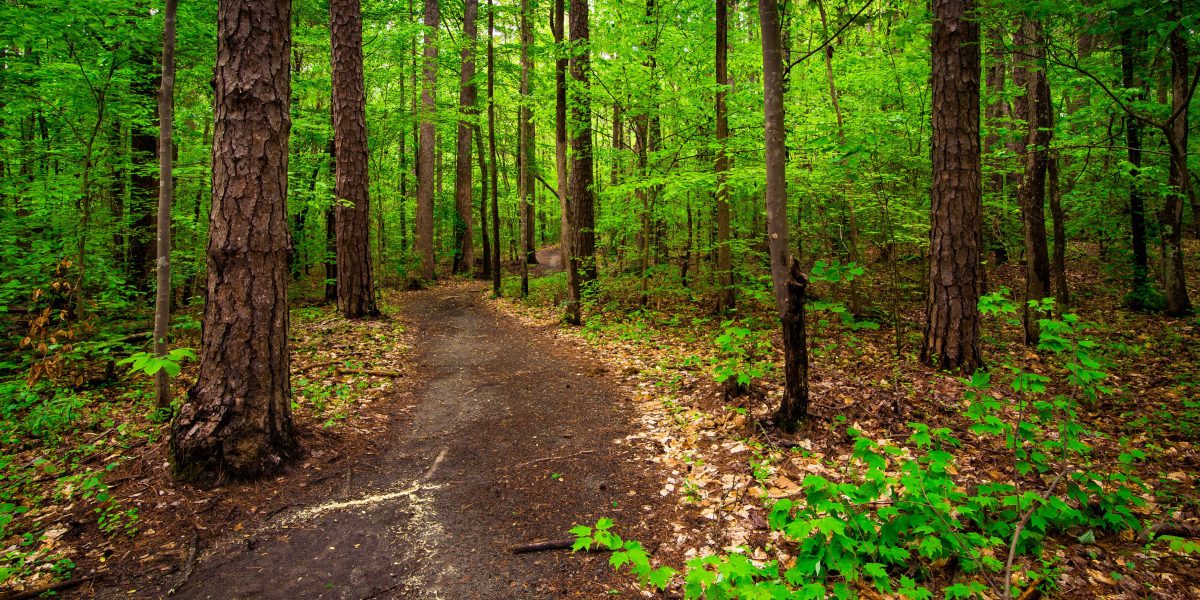Research has consistently demonstrated that demand for wood products, including wood bioenergy, grows forest area and forest stocks by incentivizing landowners to plant more trees and invest in forestry.
Today, this view is being confirmed by one of the US Government’s top environmental scientists, Keith Kline, a Distinguished Researcher at Oak Ridge National Laboratory, the largest US Department of Energy science and energy laboratory. Klein has decades of experience in climate and environmental science and works with the lab’s Climate Change Science Institute.
In a recent interview with Euractiv, Kline discussed the environmental benefits of utilizing renewable wood bioenergy. Kline directly responded to misleading claims that wood bioenergy causes deforestation, and notes that these concerns reflect a “lack of understanding of land ownership and management dynamics.”
Kline also specifically notes that because of increased investments in US wood pellet production, we are increasing investment in high conservation areas.
“Thanks to investments in US wood pellet production in the Southeast, additional HCV areas are being identified and conservation initiatives are receiving increased funding to protect bottomland forests and rare longleaf pine habitat for endangered species in the Southeast US.”
In addition to protecting bottomland forests and longleaf pine habitats, Kline also notes that data shows that demand for wood pellets increases forest area.
“Studies comparing recent data to long-term trends shows forest stocks and forest area continue to expand in tandem with wood pellet production, in part due to demand for forest products from managed forest lands.”
Kline’s comments are the latest in a growing body of academic research demonstrating the forest growth and carbon mitigation benefits of wood bioenergy. Just in the past month, former Obama Administration climate experts discussed how wood bioenergy is a climate change solution in an op-ed in the Hill, and the Congressional Research Service, the US Congress’ nonpartisan think tank, included wood bioenergy a primary strategic approach to reducing carbon dioxide emissions. You can read more about the science and other recent studies at FFJ’s Research Directory here.

